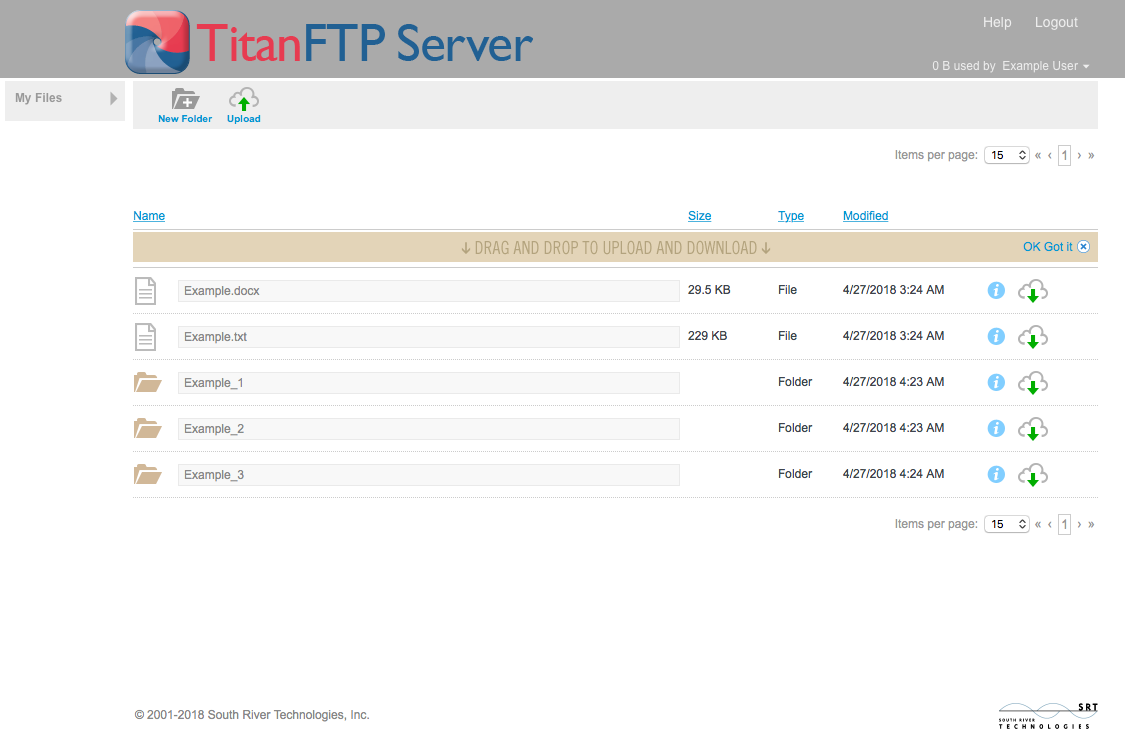Choosing an email host for personal use is as simple as signing up for a free Google or Yahoo account. However, choosing an email hosting service for a small business is slightly more complicated. The number of email messages, the amount of data sent and received, the ability to sync with mobile devices and an email extension featuring your business name are all factors to consider. With these factors in mind and the success of your business relying on your ability to effectively communicate, choosing the right email hosting service has never been more important.
Surveying the Available Choices
Email hosting packages all offer a variety of amenities and services designed to effectively support your business. Unfortunately, despite the many positive attributes these packages tend to have, a few downsides exist. The most prevalent is the limitation of the number of individual email addresses that can be created for each business. Once the number of emails has been reached, email hosting providers will then charge a premium rate to create additional email addresses.

Many hosting services also limit the mobile accessibility of these types of email accounts. If you try to sync your email directly with your smartphone, an error message usually loads. Consumers must instead load the email through a mobile browser, which is quite inconvenient, and mailboxes inevitably load incorrectly with slow download times.
Speaking of mailboxes, the majority of key email hosting providers place limitations on email mailbox sizes. Once the cost and functionality are equal in nature, it’s time to begin searching for vendors who offer larger mailbox sizes. Mailbox storage is directly linked to whether or not the email hosting service is cloud based or POP3. POP3 mailboxes are often a standard feature with inexpensive email-hosting plans. This type of account utilizes store-and-forward servers, which assume that you’re immediately downloading email messages to a local storage area and then instantly deleting them from the server. Thus, your master copy of any email message is local. Unfortunately, keeping POP3 accounts up-to-date on multiple devices is a logistical nightmare, similar to attempting to navigate Times Square on New Year’s Eve: virtually impossible.
The benefits of a Hosted Exchange Service
Cloud-based email hosting services and a Microsoft Exchange hosting service store your messages on a server, so you can access all (new, old and archived) email via a web browser. These types of accounts typically sync the server’s messages with a local PC or any mobile device using Exchange ActiveSync or IMAP. Cloud-based email servers use a central server that stores every user’s messages, which is a key component for storing a legally acceptable archived copy of email exchanges. In short, cloud-based email servers offer mobile-compatible options as well as better access to archived messages.
Microsoft Exchange hosting also has the additional perk of syncing your calendar, notes, contacts and tasks to multiple devices (including smartphones), saving users’ time and money. Email messages are automatically pushed to all synced devices, which creates immediate accessibility and allows businesses to make buying and selling decisions instantly.
The moral of the email hosting story is that if your business’s success relies on the ability to immediately respond to email, then a Microsoft Exchange hosting solution is the best option. Mobile accessibility, cloud-based servers and the ability to sync multiple functions are what make a hosted Exchange service the leader of the pack. Additionally, hosted email services are set to outpace in-house programs due to these advantages, so choosing a reliable provider will likely bring new efficiencies to your IT network and be a standard resource for years to come.










Comments